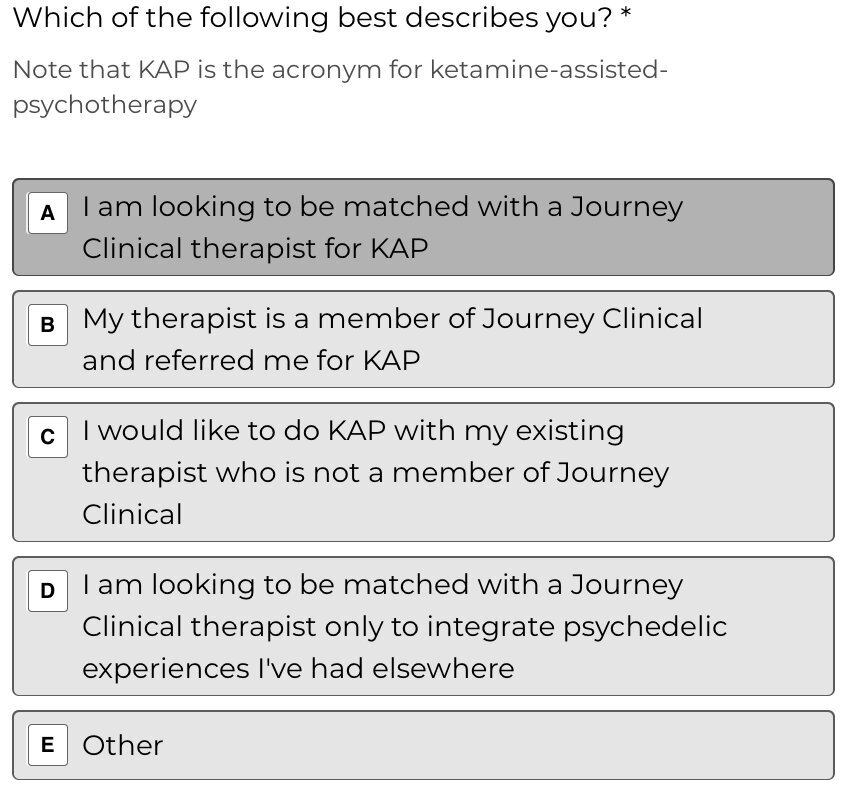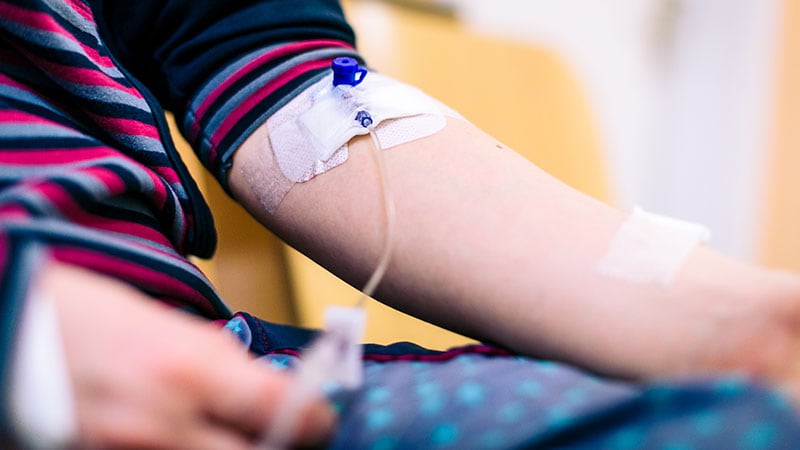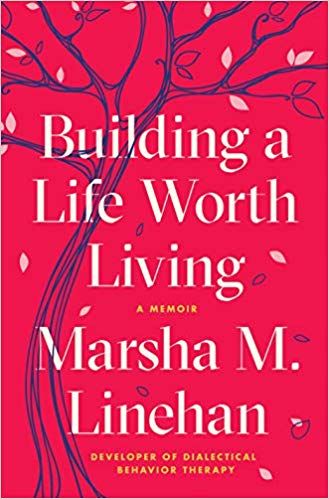David Baxter PhD
Late Founder
Ketamine vs ECT for Depression: First Head-to-Head Results
Stephen M. Strakowski, MD; Gerard Sanacora, MD, PhD; and Charles B. Nemeroff, MD, PhD, MedscapeAugust 17, 2022
Intravenous ketamine is effective for treating depression but is inferior to electroconvulsive therapy (ECT), new research suggests.
In the first head-to-head trial, ECT was more effective than IV ketamine in hospitalized patients with severe depression, with higher remission rates and a greater reduction in symptoms.
However, ketamine led to remission in nearly half of participants and is a "valuable" option for treating severe depression, particularly in younger patients, investigators note.
The high rate of remission for ketamine infusion "indicates that it definitely can be used in a clinical setting, but it is more probable that a patient will achieve remission with ECT compared to ketamine," principal investigator Pouya Movahed Rad, MD, PhD (Pharmacology), senior consultant and researcher in psychiatry, Lund University, Sweden, told Medscape Medical News.
Results of the KetECT study were recently published online in the International Journal of Neuropsychopharmacology.
Primary Focus on Remission
The parallel, open-label, non-inferiority study included 186 patients aged 18-85 years who were hospitalized with severe unipolar depression and had a score of at least 20 on the Montgomery–Åsberg Depression Rating Scale (MADRS).Participants were randomly allocated (1:1) to thrice-weekly infusions of racemic ketamine (0.5 mg/kg over 40 minutes) or ECT. All patients continued to take their antidepressant medication during the study. The primary outcome was remission, defined as a MADRS score of 10 or less.
Results showed the remission rate was significantly higher in the ECT group than in the ketamine group (63% vs 46%, respectively; P = .026). The 95% confidence interval of the difference in remission rates was estimated between 2% and 30%.
Both ketamine and ECT required a median of six treatment sessions to induce remission.
Age was a factor in the findings. In the ECT group, remission was significantly more likely in older patients (age 51-85 years) compared with younger patients (18-50 years), with remission rates of 77% and 50%, respectively.
But the opposite was true in the ketamine group, with significantly higher remission rates in younger vs older patients (61% vs 37%).
The study results also support the safety and efficacy of ketamine in patients with psychotic depression, which was present in 15% of patients in the ECT group and 18% of those in the ketamine group.
In this subgroup, half of patients with psychotic depression remitted after ketamine, with no indications of adverse reactions particular for these patients. The remission rate with ECT was 79%.
During the 12-month follow-up period, rate of relapse among remitters was similar at 64% in the ECT group and 70% in the ketamine group (log rank P = .44).
Let the Patient Decide
As expected, ECT and ketamine had distinct side effect profiles. Prolonged amnesia was more common with ECT and reports of dissociative side effects, anxiety, blurred vision, euphoria, vertigo, and diplopia (double vision) were more common with ketamine."Dissociative symptoms were, as expected, observed during treatment with ketamine, but they were brief and in the majority of cases mild and tolerable," Movahed Rad said.
The investigators note that participating study sites all had long-time experience with ECT but no experience administering ketamine.
"Staff, and some patients, were familiar with side effects common to ECT but were less prepared for the adverse psychological effects of ketamine. This, and knowing ECT was available after the study, probably contributed to the higher dropout rate in the ketamine group," they write.
If both ECT and ketamine are available, "the patient's preference should, of course, be taken into account when choosing treatment," said Movahed Rad.
"Ketamine should be offered if ECT is not available, or cannot be given due to excessive risks with anesthesia or other somatic risk factor. Patients who have not responded to ECT or have had unacceptable side effects should be offered ketamine infusion and vice versa," he added.
A Good Alternative
Commenting on the findings for Medscape Medical News, Roger McIntyre, MD, professor of psychiatry and pharmacology, University of Toronto, Canada, said the data confirm ECT is highly effective for treatment-resistant depression and show that "newcomer" IV ketamine also performs "exceptionally well.""This is an extremely important study that really establishes the efficacy of ketamine in a very difficult to treat population," added McIntyre, who was not involved in the research.
McIntyre added that this "rigorous, well-designed study addresses a critical question" about the comparative efficacy of ECT and IV ketamine. It also makes "quite a strong statement about the efficacy of ketamine in younger people."
He cautioned, however, that this study represents the "first data point and, of course, is not the final word on the topic. There are other studies currently still ongoing that are also comparing ECT to IV ketamine and we'll look forward to seeing the results."
The fact that 15% to 20% of the study patients had psychotic depression is also noteworthy, said McIntyre.
"We've been hesitant to use ketamine in these patients, I think for obvious reasons, but we recently published a paper showing that it is safe and very effective in these patients," he said.
Having ketamine as a treatment option is important because the majority of patients who could benefit from ECT decline it, often because of the stigma associated with the procedure, which is often portrayed negatively in films and other media.
"I have been recommending ECT almost every day of my professional life and 98 times out of 100 people say, 'Thanks but no thanks.' That's a problem because ECT is so effective.
The study was funded by the Swedish Research Council, The Crafoord Foundation, Skåne Regional Council, The Königska Foundation, Lions forsknings foundation Skåne, and the OM Perssons donation foundation. Movhed Rad has received lecturer honoraria from Lundbeck. McIntyre has received research grant support from CIHR/GACD/Chinese National Natural Research Foundation and speaker/consultation fees from Lundbeck, Janssen, Purdue, Pfizer, Otsuka, Allergan, Takeda, Neurocrine, Sunovion, Eisai, Minerva, Intra-Cellular, and AbbVie. McIntyre is also CEO of AltMed.
Int J Neuropsychopharmacol. Published online December 4, 2021. Full text




